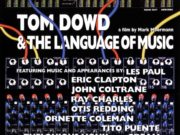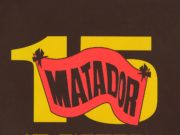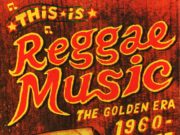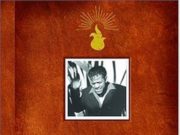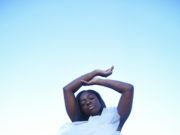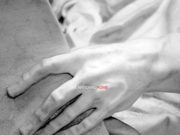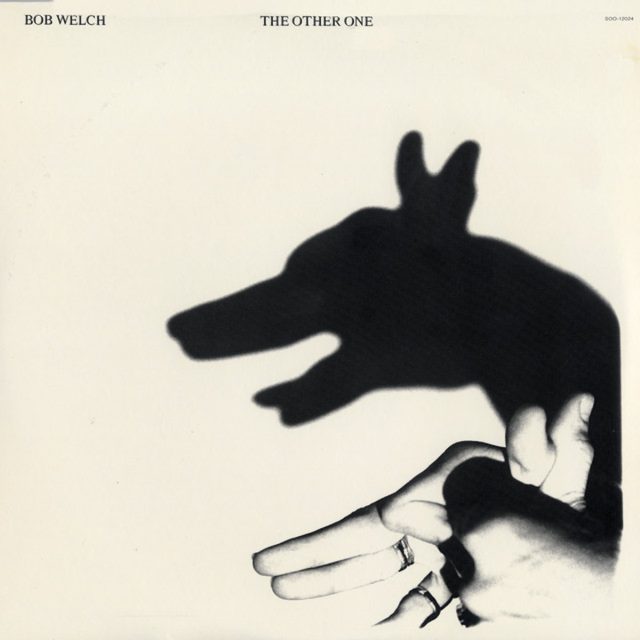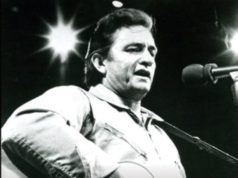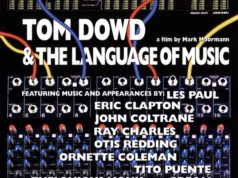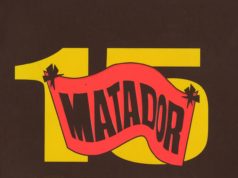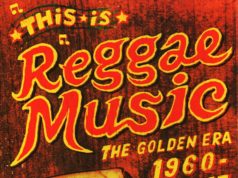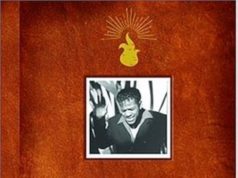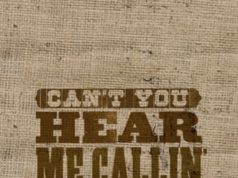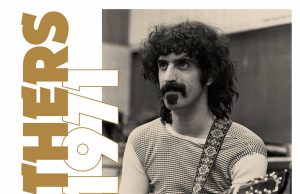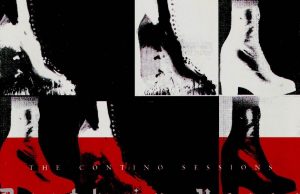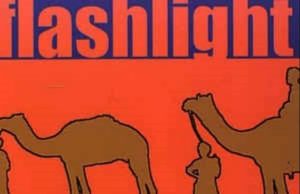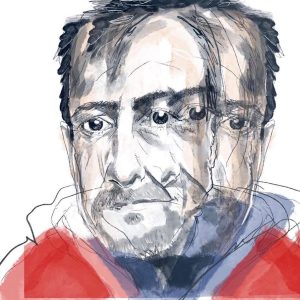 People always talk about underappreciated talents. Bob Welch is solidly in this category. Here’s a guy with a platinum solo record to his name who also played, sang and contributed to five Fleetwood Mac albums. He was a member during their transition years, appearing on three platinum albums and two gold disc before he quit in 1974 and was replaced by Lindsey Buckingham and Stevie Nicks. He watched as the band suddenly became megastars.
People always talk about underappreciated talents. Bob Welch is solidly in this category. Here’s a guy with a platinum solo record to his name who also played, sang and contributed to five Fleetwood Mac albums. He was a member during their transition years, appearing on three platinum albums and two gold disc before he quit in 1974 and was replaced by Lindsey Buckingham and Stevie Nicks. He watched as the band suddenly became megastars.
In 1978, he and Mac negotiated an even split of royalties from the albums during his time in the band. But he unilaterally negotiated out of this arrangement in the 1990s and had to sue them. They settled out of court. When the band were inducted into the Rock And Roll Hall of Fame, Welch was not included. He made five decreasingly popular solo albums from 1977 to 1983 before making a decision to retire from music — something he stuck to until the album Bob Welch Looks A Bop in 1999, on which he plays all the instruments.
In the interim, things were a little wild. Welch allowed Guns N’ Roses to rehearse in his garage and often partied with them. He got addicted to heroin and cocaine and required in-patient detox in early 1985. As the story goes, his life improved greatly for a while, starting with the day he was released from detox — meeting his future wife. The pair moved to Phoenix so Welch could put some distance between himself and the temptations of Los Angeles. He managed to stay clean for the rest of his life.
Around the turn of the millennium, Welch started making music again and put out four albums despite increasing back pain. In March 2012 he had spinal surgery. He never recovered and was in chronic pain — he was told it would only get worse and he would eventually become an invalid. Around 6 a.m. one June morning in 2012, he left a nine-page suicide note and shot himself.
The Family Guy cartoon paid a funny and surprisingly touching tribute to Welch in 2019. If you watch the clip on YouTube, it seems like the gag actually introduced his big hit Sentimental Lady to a receptive new audience. For me, this is one of those songs which instantly transports me back to my AM radio-soundtracked childhood.
The Other One is his third solo album and last of the ’70s, appearing in 1979. His first two albums, French Kiss and Three Hearts, were both hits, going platinum and gold respectively. The Other One didn’t manage to crack to the top 100. The single from the record, Don’t Let Me Fall, is basically forgotten. It was penned by his keyboard player David Adelstein.
Let’s dive into this transitional album. It opens with Rebel Rouser, a title presumably nicked from the Duane Eddy classic, though the lyrics are clearly about James Dean. The first thing you notice is the dry production. This sounds like it was recorded at the same time, in the same place and by the same people as Eagles’ 1979 album The Long Run. It wasn’t — same city, but Bob made this album in the studios at the historic Capitol Records building, a studio which had been around since the late 1950s. The sound is quite consistent with the rest of Welch’s early catalogue — his first four albums were all produced by John Carter, who often went by just his last name. This is the same guy who produced Tina Turner’s Private Dancer and fought for her in her bid for a comeback. He had an ear for talent, having been the man who actually signed Welch, along with The Motels, Sammy Hagar and Canada’s Prism.
Anyway, Rebel Rouser is a great song — a straight-ahead, mid-tempo ’70s rocker with a fantastic lead guitar performance by Welch throughout. You really don’t hear mainstream rock music sung this way anymore. Everyone tries to be so epic, critical and over-the-top. The only time you hear natural singing like this these days is on indie or “alternative” releases. It’s kind of strikingly normal.
Love Came 2X is next, and is also more than serviceable. This one is interesting because it’s a group composition — written by Welch’s backing band members, but not himself. It has the kind of reggae feel that early Police songs do, though with nowhere near the drummer. The lyrics are lacking, too. Where The Police were always mindful of sounding “old wave,” no such care was taken here. The super-compressed guitar solo is fun, if a little on the novelty side. I think I’d like this song at about twice the speed, ironically (2X).
Watch The Animals is a slower, bluesy kind of lounge song. It doesn’t do much and the chorus doesn’t really grab me. Like I said, it’s a lot like a blues song in terms of the changes. Nothing to dislike about this, but it just kind of floats by like a cloud on a road trip.
Things begin to sound decidedly more 1980 on the next track Straight Up, which has a dominant synth lick. Unlike the previous track, this one is considerably more dynamic. Something is missing, though. I think it’s the rhythm section, which lacks power and doesn’t build ahead of the song’s transitions. It just changes, they don’t take the reins and only seem to follow the progression. Makes the song boring and it doesn’t need to be.
The last song on the first side, Hideaway, has the same failings. That’s a shame, since it’s the best song so far. I think Carter should have insisted the drummer and bass player have two rum and cokes before laying down their parts. It’s all too restrained. They never get out in front. I’ll say it again, though — Hideaway is an excellent song. It could have been a hit with a hot band.
Flip the record over and we get treated to a cover of one of Welch’s old Fleetwood Mac songs, the title track from 1971 album Future Games. This worked out really well for Welch when he did the same thing with Sentimental Lady. His huge 1977 hit was actually a cover of a song from Fleetwood Mac’s 1972 album Bare Trees. On a record where I’ve been picking at the rhythm section, it’s not going to be favourable to compare the 1979 Future Games to the 1971 version played by one of rock’s greatest rhythm sections: Mick Fleetwood and John McVie. It does indeed lack, but what’s better is Welch’s guitar flourishes. Truthfully, they’re not all that different. (By the way, I much prefer the Fleetwood Mac version of Sentimental Lady as well.)
Oneonone follows Future Games. It’s an instrumental. Again with the boring drums. Might as well be a drum machine — one of those stock drum parts on a cheap consumer ’80s keyboard. This is like soundtrack material — a lead guitar riff with soloing acoustic guitar throughout. Completely forgettable filler.
Then we get the album’s single, Don’t Let Me Fall — buried in the deep cut zone of the record. More and more I’m thinking Carter was the wrong producer for this album. Granted, I have the benefit of hindsight. But seriously — someone needed to step in and make the bass player come up with a less poppy bassline here. This needs a Steely Dan touch, not a Huey Lewis & the News touch. To my ear, this isn’t the album’s single. Hideaway should have been.
Given the title, I didn’t have high hopes for Spanish Dancers. The album’s longest song is indeed pretty lame. Pretentious and boring, which is really something. What a waste of a great guitar solo.
OK, let’s get this over with. The album wraps with Old Man Of 17. This is basically Bob’s version of It Was A Very Good Year, but the band do it again. The guitar kicks it up a notch for the chorus and the band lazily follow rather than make it an exciting transition. By the time the second chorus comes on, my anxiety kicks in because it’s just too boring. Makes me sad. No wonder Bob liked partying with Guns N’ Roses — their sound is exactly what he needed. The bridge/solo is worth sticking around for, though. It’s top notch.
I’m left being able to confidently say I’ll never listen to this record again. 2/5
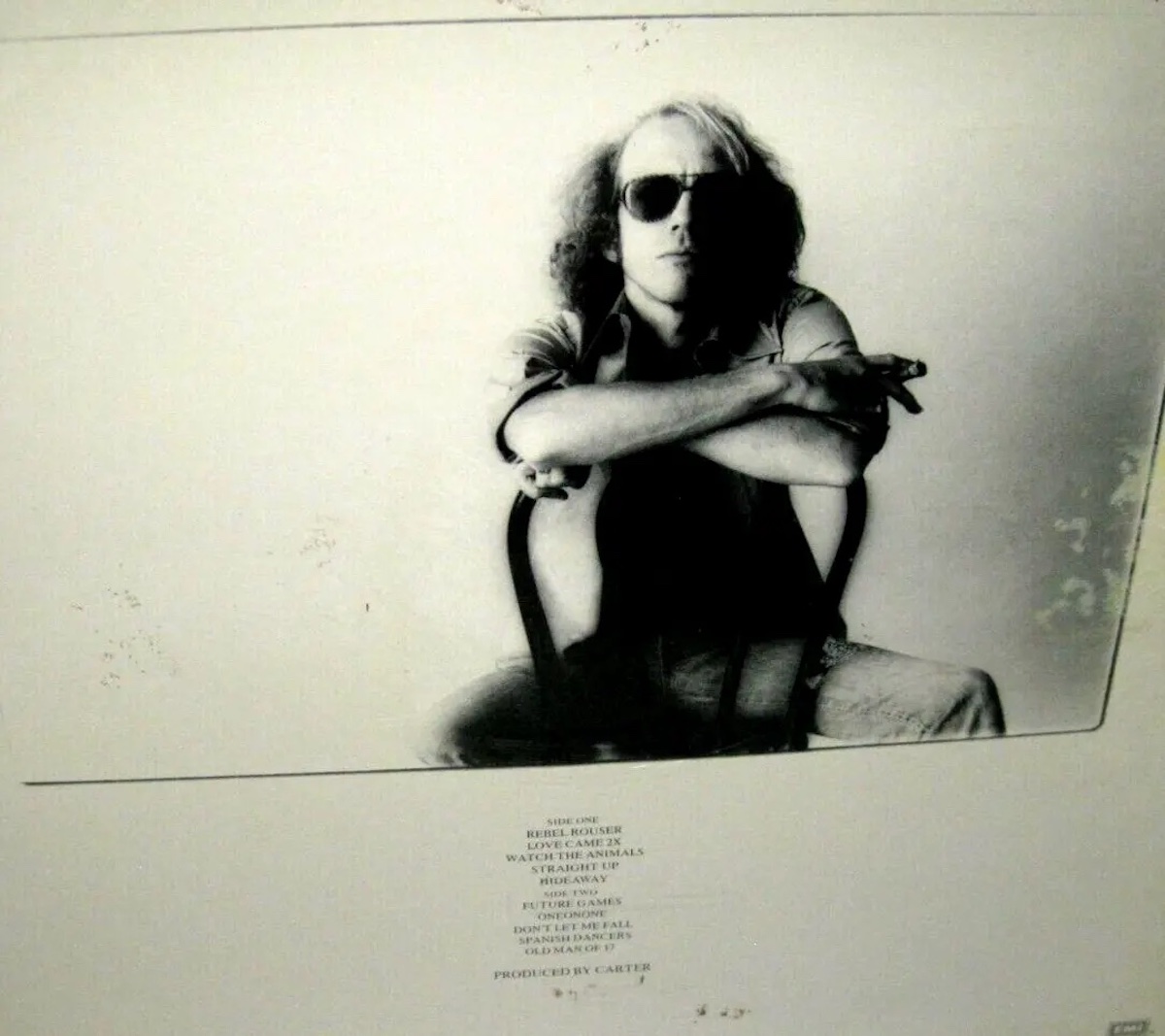
• • •
Area Resident is an Ottawa-based journalist, recording artist, music collector and re-seller. Hear (and buy) his music on Bandcamp, email him HERE, follow him on Instagram and check him out on Discogs.



